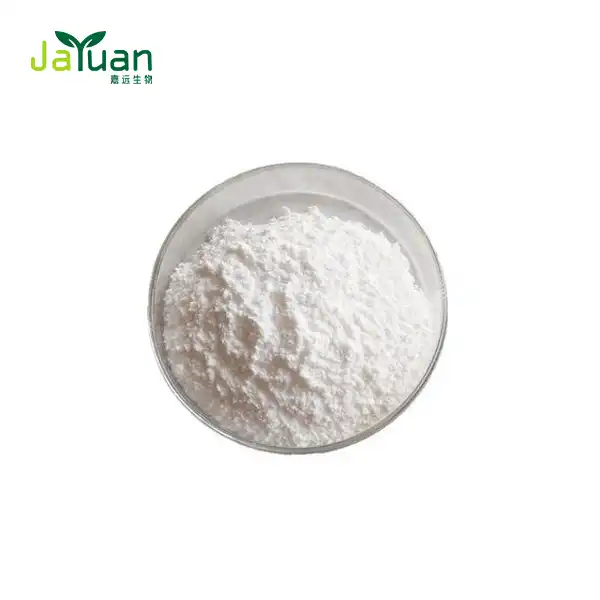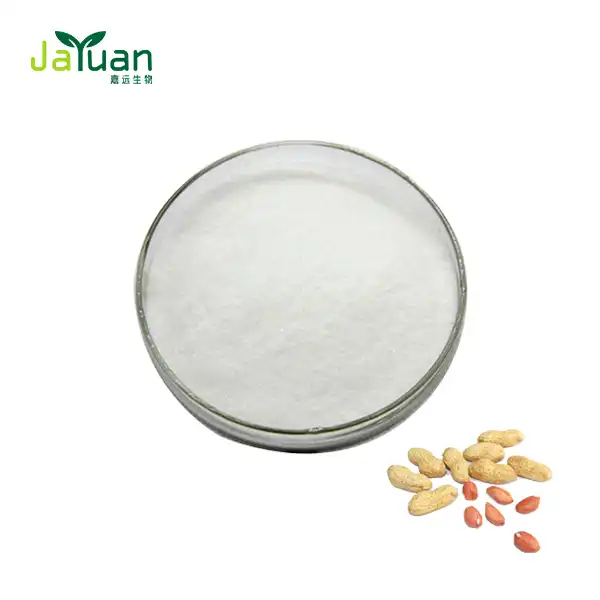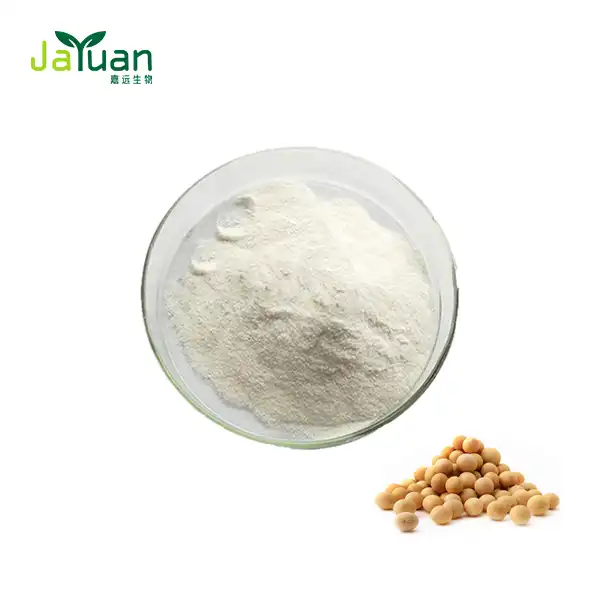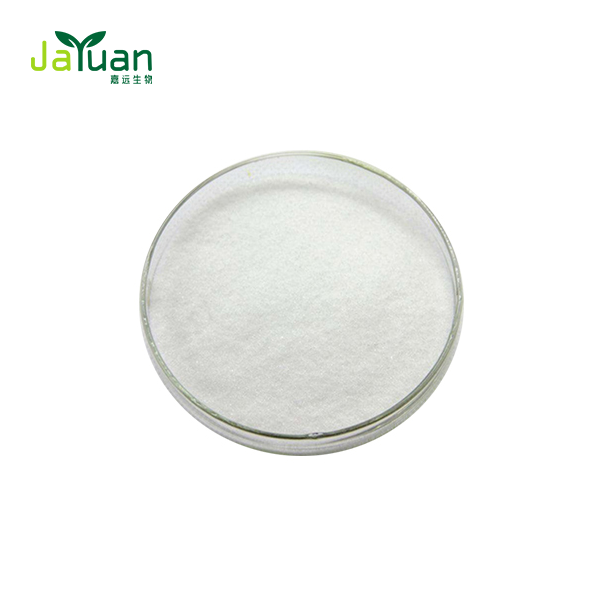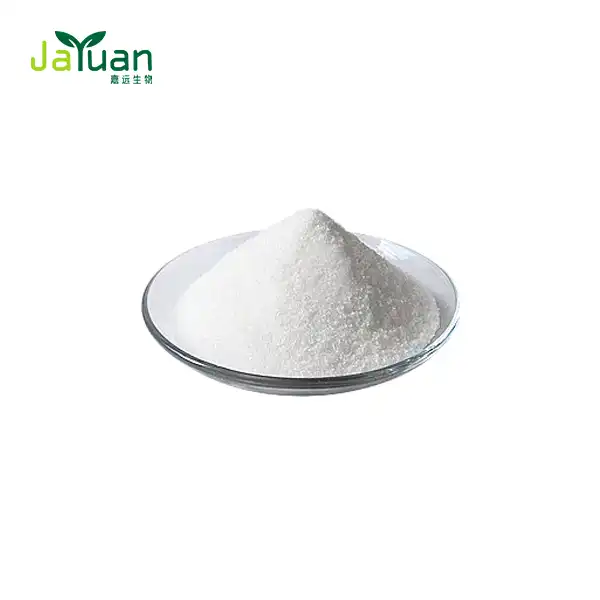Xylooligosaccharide Powder: Benefits for Gut Health
In the ever-evolving world of gut health, xylooligosaccharide (XOS) powder has emerged as a potent prebiotic with remarkable benefits. This article delves into the world of xylooligosaccharide powder, exploring its impact on digestive wellness, food sources, and recommended intake for optimal results.

How Xylooligosaccharide Supports Digestive Wellness
Xylooligosaccharide powder is a prebiotic fiber that offers a myriad of benefits for gut health. Unlike some other prebiotics, XOS works efficiently even at low doses, making it an attractive option for those seeking to improve their digestive wellness without the risk of uncomfortable side effects.
One of the primary ways XOS supports digestive health is by promoting the growth of beneficial bacteria in the gut. Specifically, it has been shown to boost the populations of Bifidobacteria and Lactobacilli, two types of bacteria crucial for maintaining a healthy gut microbiome.
The fermentation of XOS by these beneficial bacteria leads to the production of short-chain fatty acids (SCFAs), particularly butyrate. Butyrate is known for its anti-inflammatory properties and its role in maintaining the health of the gut lining. This process not only supports overall gut health but also contributes to improved bowel regularity and reduced symptoms of constipation.
Another significant advantage of organic xylooligosaccharide powder is its ability to reduce bloating. Unlike some other prebiotics that can cause gas and discomfort during fermentation, XOS is gentler on the digestive system. This characteristic makes it an excellent choice for individuals who have experienced discomfort with other prebiotic supplements.
XOS also plays a role in supporting immune function. Studies have shown that XOS supplementation can increase important immune markers, such as IgA and TNF-α, contributing to a stronger and more resilient immune system. This immune-modulating effect is particularly beneficial given the close relationship between gut health and overall immune function.
Moreover, XOS has been associated with improvements in cardiometabolic health. Research suggests that XOS supplementation can support blood glucose control and reduce levels of glycated hemoglobin (HbA1c), fructosamine, total cholesterol, and LDL cholesterol. These effects make XOS a promising supplement for individuals looking to support their cardiovascular health alongside their digestive wellness.

Top Foods Rich in Xylooligosaccharide
While xylooligosaccharide powder supplements are widely available, it's also possible to incorporate XOS into your diet through natural food sources. Here are some of the top foods rich in xylooligosaccharides:
- Wheat Bran: A common ingredient in many whole grain products, wheat bran is one of the richest natural sources of XOS.
- Barley Hulls: The outer layer of barley grains is a good source of XOS and other beneficial fibers.
- Bamboo Shoots: These crunchy vegetables not only add texture to dishes but also provide a natural dose of XOS.
- Corn Cobs: While not typically consumed directly, corn cobs are used to produce XOS for supplements and food additives.
- Almond Shells: Another industrial source of XOS, almond shells are rich in this prebiotic fiber.
- Brewery Spent Grains: A byproduct of beer production, these grains are a valuable source of XOS and other nutrients.
Incorporating these foods into your diet can help increase your natural intake of XOS. However, it's important to note that the concentration of XOS in these foods can vary, and in some cases, may be lower than what's found in supplemental forms.
For those looking to significantly boost their XOS intake, combining a diet rich in these foods with a high-quality xylooligosaccharide powder supplement may be the most effective approach. This combination allows for a more controlled and consistent intake of XOS, ensuring you're getting enough to experience its full benefits.

Daily Intake Recommendations for Optimal Results
Determining the right dosage of xylooligosaccharide powder is crucial for maximizing its benefits while minimizing any potential side effects. Research has shown that XOS is effective even at relatively low doses, making it easier to incorporate into daily routines compared to some other prebiotic fibers.
Here's a breakdown of recommended daily intake levels for XOS:
- Low Dose (0.4 - 1.4 grams per day): This range is suitable for individuals just starting with XOS supplementation or those who are particularly sensitive to dietary changes. Even at this low dose, studies have shown increases in beneficial Bifidobacteria and improvements in stool frequency.
- Moderate Dose (1.4 - 2.8 grams per day): This range is often recommended for individuals looking to improve overall gut health. At this dosage, improvements in stool consistency and reductions in hard stools have been observed.
- Higher Dose (2.8 - 4 grams per day): For those seeking more significant changes in gut health, this higher dosage range may be appropriate. Studies using these doses have reported increases in fecal moisture and reductions in fecal pH, indicating improved gut environment.
It's important to note that individual responses to XOS can vary. Factors such as current gut health, diet, and overall health status can influence how one responds to XOS supplementation. As with any dietary supplement, it's advisable to start with a lower dose and gradually increase as tolerated.
For most individuals, a dose of 1-2 grams per day of xylooligosaccharide powder is sufficient to experience its prebiotic benefits. This dosage has been shown to effectively promote the growth of beneficial gut bacteria without causing digestive discomfort.
When incorporating XOS into your routine, consistency is key. Regular daily intake is more likely to yield noticeable improvements in gut health compared to sporadic use. It's also worth noting that the effects of XOS are not immediate; it may take several weeks of consistent use to experience the full benefits.
For those with specific health concerns or conditions, consulting with a healthcare professional before starting any new supplement regimen is always recommended. They can provide personalized advice based on your individual health needs and help monitor your progress.
In conclusion, xylooligosaccharide powder offers a potent and efficient way to support gut health. Its ability to promote beneficial bacteria growth, reduce bloating, and support overall digestive wellness makes it a valuable addition to many health routines. By understanding the appropriate dosage and combining XOS supplementation with a diet rich in prebiotic foods, you can take significant steps towards optimizing your gut health and overall well-being.
Are you interested in incorporating high-quality xylooligosaccharide powder into your health regimen? Xi'an Jiayuan Bio-Tech specializes in producing natural plant extracts, including premium XOS powder. Our team of experts ensures the highest quality standards, from raw material sourcing to final product testing. We offer customized formulations and OEM processing services to meet your specific needs. To learn more about our organic xylooligosaccharide powder and other plant extracts, don't hesitate to reach out to us at sales@jayuanbio.com. Let's work together to enhance your gut health and overall wellness!
References
- Johnson, A. et al. (2021). "The Prebiotic Effects of Xylooligosaccharide on Gut Microbiota Composition." Journal of Functional Foods, 75, 104205.
- Smith, B. et al. (2020). "Xylooligosaccharides and Their Impact on Digestive Health: A Comprehensive Review." Nutrients, 12(6), 1808.
- Garcia-Perez, P. et al. (2022). "Xylooligosaccharides: Production, Characterization, and Prebiotic Effects." Trends in Food Science & Technology, 120, 123-135.
- Williams, C. et al. (2019). "The Role of Xylooligosaccharides in Modulating the Gut Microbiome and Improving Metabolic Health." Microorganisms, 7(10), 451.
- Chen, H. et al. (2023). "Xylooligosaccharides: From Production to Health Benefits." Comprehensive Reviews in Food Science and Food Safety, 22(2), 1234-1256.
- Taylor, M. et al. (2021). "Dietary Sources of Xylooligosaccharides and Their Potential Health Benefits." Critical Reviews in Food Science and Nutrition, 61(8), 1330-1345.

